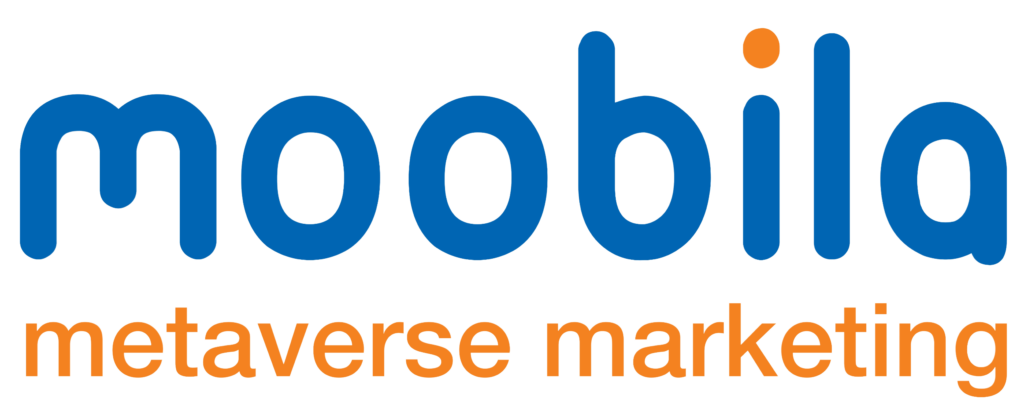There has been so much talk about the connection between landing pages and SEO in this rapidly expanding domain of digital marketing. Some people believe landing pages can help produce site visitors from search engines and lift search scores, even as others think they may be a fantasy. So, what’s the truth? Is the efficacy of landing pages for SEO overrated, or do they really help?
So, let’s walk through the facts and debunk some myths!
What is a Landing Page?
Firstly, let’s clarify what a landing page is and then talk about the SEO advantages. A landing page is a second-stage webpage that has been approved for visibility as part of an ad campaign, and it’s usually quite activity-specific, such as lead generation or e-commerce purchasing. Web pages, in general, have multiple goals, but landing pages are focused on a single call to action (CTA).
Landing pages are most often associated with pay-per-click (PPC) campaigns, but they can be optimized to drive organic search traffic as well. With landing page SEO done properly, you can be ranked higher in the search engine result pages (SERPs) and get organic traffic from people who are looking for exactly what your business offers.
The Myth: Landing Pages Don’t Help SEO
A common misconception about landing pages and SEO is that they do not help you get a better search ranking. Where landing pages are concerned, the counter-argument is that they tend to be content-light and limited for internal linking—essentially designed more with conversion in mind than optimization.
But that’s not true; this is all a myth. Although content is not as extensive as blog posts or category pages, landing pages can still be optimized around certain keywords and phrases. If you use relevant keywords in the page title, meta description, headings, and content, then your landing pages should signal to search engines that you have a page worth showing for someone entering those terms.
Additionally, external backlinks (one of the major ranking factors in SEO) still provide a boost for landing pages. It can improve your SEO rankings as a landing page that has appeared on high-quality websites or industry publications and is able to drive further organic traffic for you.
Also Read:
The Facts: How Landing Pages Can Boost SEO
Now that we have your attention off of why landing pages are good for only those who live under the sea, let’s talk about all the ways in which it is not so bad to actually consider them — even in terms of improving SEO :
Targeted Keyword Optimization
Landing Pages: Focus on specific keywords and phrases important for your audience. Optimizing your landing page content with these targeted keywords increases your chances of ranking higher in search results when someone searches using those queries.
Improved User Experience
Landing pages with a great design give an incredible user experience, and we all know how much Google likes that. People visiting your page should be able to immediately know the deal and what they need to do. A good user experience can mean reduced bounce rates, higher session durations, and increased conversions — all of which are things you want to have in order for Google to think your site is great.
Increased Relevance
Landing Pages for Content Relevance to assert more on-product, service, or offer-related content. If your landing page is optimized to match the search intent of users, then you can show Google that your webpage should be considered within their utilized data in order to deliver a highly relevant result.
Conversion Rate Optimization (CRO)
Improving your SEO for a landing page. By having visitors convert to your landing page, you will indicate to search engines that it has valuable content and attracts interest. This might lead to improved search rankings and more organic traffic.
Measurable Results
Landing pages are one of the ways you track and measure your performance on SEO-valid efforts. Based on these metrics, like impressions, clicks, and conversions, you could also see which keywords are doing better than others; therefore, use this data to improve your SEO ranking.
Best Practices for Creating SEO-Friendly Landing Pages
To maximize the SEO benefits of your landing pages, follow these best practices:
Conduct Keyword Research
Finding key stats that are most compelling for a landing page: You can use Google Keyword Planner, Ahrefs, or SEMrush, among others, to see details like search volume and the level of competition for keywords.
Optimize Page Content
You must sprinkle your focus keywords naturally in the landing content, from page title to meta description and headings (at least h1, h2) and body text structures. Do not just bombard the user with keywords; try to keep a nice, natural, readable flow of words.
Create Compelling Copy
Educate, Inform, and Convince Write copy that tells a story your audience members know all too well (their pain points) and want to hear about (where their desires lie). Keep the text short and sweet, dividing content with subheadings or bullet points.
Optimize for Mobile
Make sure your landing page is optimized for mobile and loads rapidly on all devices. Make sure your site has a responsive design and slows down the number of large images or videos on its pages (use text-based content as much as possible).
Encourage Social Sharing
Have social sharing buttons on your landing page so that visitors can share your content instantly on their social media sites. This can get you more visibility and, thus, generate greater traffic to your website through referrals.
Monitor and Iterate
Keep a close eye on how well your landing pages perform, and optimize them based on insights that you garner from the data. Try playing around with various headlines, CTAs, and layouts to yield better conversion rates and rank on search engines.
Conclusion
In other words, when done correctly, landing pages can be influential tools in enhancing your SEO performance. The other advantage is that when you are an authority on a platform (like your blog), then not only will more people click through to learn about whatever it is you offer, but they do so because the content is compelling and relevant.
SEO is a long-term game, and it will take consistent effort over time to achieve results. With landing page SEO in the mix, you can work more closely towards your goal of getting organic and paid traffic to converge at ease, generating as many leads and sales as possible.
Therefore, do not be bogged down by the myths and misconceives.
Optimize Your Landing Pages for SEO Now and See How They Rank on Google!



